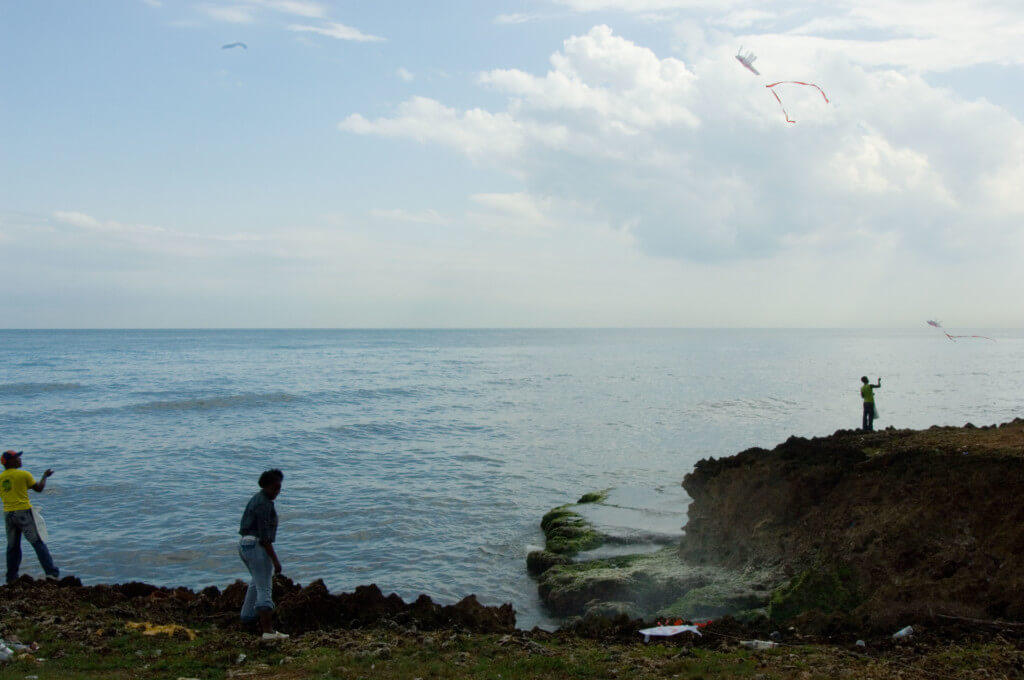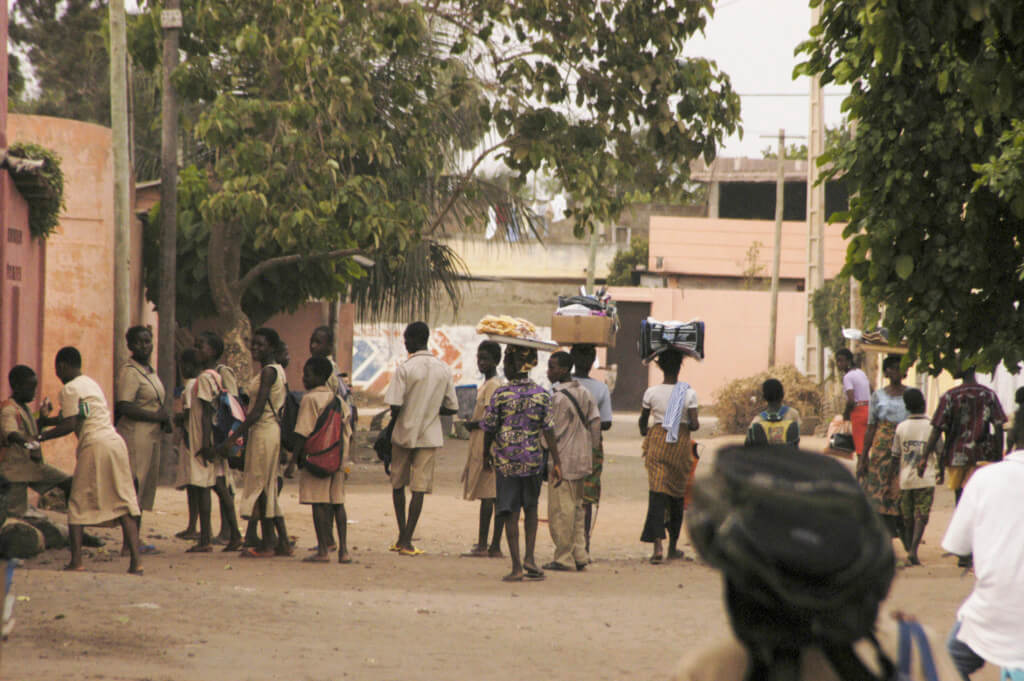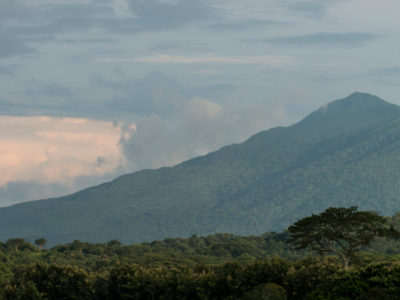Still searching for a life unrefined? Corporate jobs just not doing it for you? If you read my last article you’d know that Peace Corps is a formidable option. However, I felt I failed to show what challenges and rewards exist for those after they deploy in their host country. Read the stories from the Peace Corps with volunteers describing their day-to-day life without a filter. I asked currently deployed and recently returned Peace Corps volunteers some simple questions pertaining to their 27-month experience.
Tell me about a time when you felt challenged while in the Peace Corps.
“My whole first year was such a challenge because I was adjusting to the language and culture and all the inconveniences of living in a rural and somewhat secluded area. It’s surprising how easy it is to adjust to living conditions: I didn’t care if I didn’t have running water or that the electricity would only be available half the day.
One huge challenge was getting people to take some of my work seriously. I came in not knowing Spanish super well and expecting people to immediately see how beneficial my projects would be. While I had respect, it took time to build credibility. But through perseverance and persistence, in time most of the community where I lived saw the value of the education projects I was working on.”
–Julia Field, stationed in The Dominican Republic
What has been your favorite memory in the Peace Corps?
“For my last birthday in country, I invited some of the volunteers who served all around the Dominican Republic to my home town to spend a weekend camping on a gorgeous beach with my closest Dominican friends. It was such a magical moment because as I looked around at my Dominican family and Peace Corps family merging seamlessly together on a dance floor under the stars, I realized that culture, language, and upbringing has so little to do with the depth of human connection.”
–Leah Caudell-Feagan, stationed in The Dominican Republic.
What makes the Peace Corps worthwhile for you?
“It’s not always possible to see any change I’m making, but the individual relationships make it worthwhile for me. Whether my friendship with another teacher in village makes them think about America differently, or a conversation with the father of a student makes him think that there are things he can do to improve his daughters lot in life is really incredible to me. Personally touching the lives of people very different from, and yet so the same as me—even if it’s just one person—makes it worth it for me.”
–Diana Halbstein, stationed in Togo

How did you know you wanted to join the Peace Corps?
“I was fortunate enough to travel internationally throughout my childhood. From a very young age I remember being taught by my parents how important it was to try to understand different cultures and ways of life through traveling and music and books—however you could. As I grew up and explored the world through all of these mediums I became increasingly fascinated with how much there is to learn and experience.
Peace Corps is really unique in the ability it gives you to completely immerse yourself in a new walk of life, culture, community, family, language, set of customs, you name it. Two years seems like a long time, and it is, but when you reach the end you begin to realize how long it takes to fully immerse yourself and become comfortable and feel like a part of a new community. To have an opportunity to really understand another community of people so vastly different from my ‘normal’? It was way too good of an opportunity to pass up.”
–Caudell-Feagan
What advice would you give to someone on the fence about accepting an invitation to the Peace Corps?
“I would say that they would have to do a lot of self-reflecting to see whether they are ready to be away from home for two years and whether they are willing to immerse themselves in a new culture. There can be a lot of romanticism around Peace Corps; that you get to travel the world and save it. But you end up living in the same place for two years, sometimes in a small village with few amenities (and little intellectual stimulation), and the work can often be frustrating and difficult.
That being said, if you are willing to adjust to a new way of life, and oftentimes you have to adjust a lot, you can find a different kind of adventure, ‘the adventure of staying,’ and discover the joy of creating or finding a home in a place that at first seemed so foreign. I would say that if someone thought that they could do that then it might be good for them to join Peace Corps.”
–Michael Curcio, stationed in Togo

What is something you wish you knew before you departed?
“I wish I had known that I was not going to save the world.” –Curcio
“How ridiculous my wardrobe was! I packed clothes fit for hiking in the mountains for two years only to land in the Dominican Republic where everyone also dressed to the nines and only in bright colors and fashionable styles! My ‘hiking’ gear instantly labeled me a tourist!” –Field
“I wish I had known that it was okay to struggle to keep up with my friends and family back home and to miss a lot of events and experiences in the two plus years that I was away.” –Caudell-Feagan.
“The importance of the battery powered fan. Just kidding, but not really. There are a lot of hard lessons that I have learned here, but I think I kind of needed to be here to learn them.” –Halbstein



















